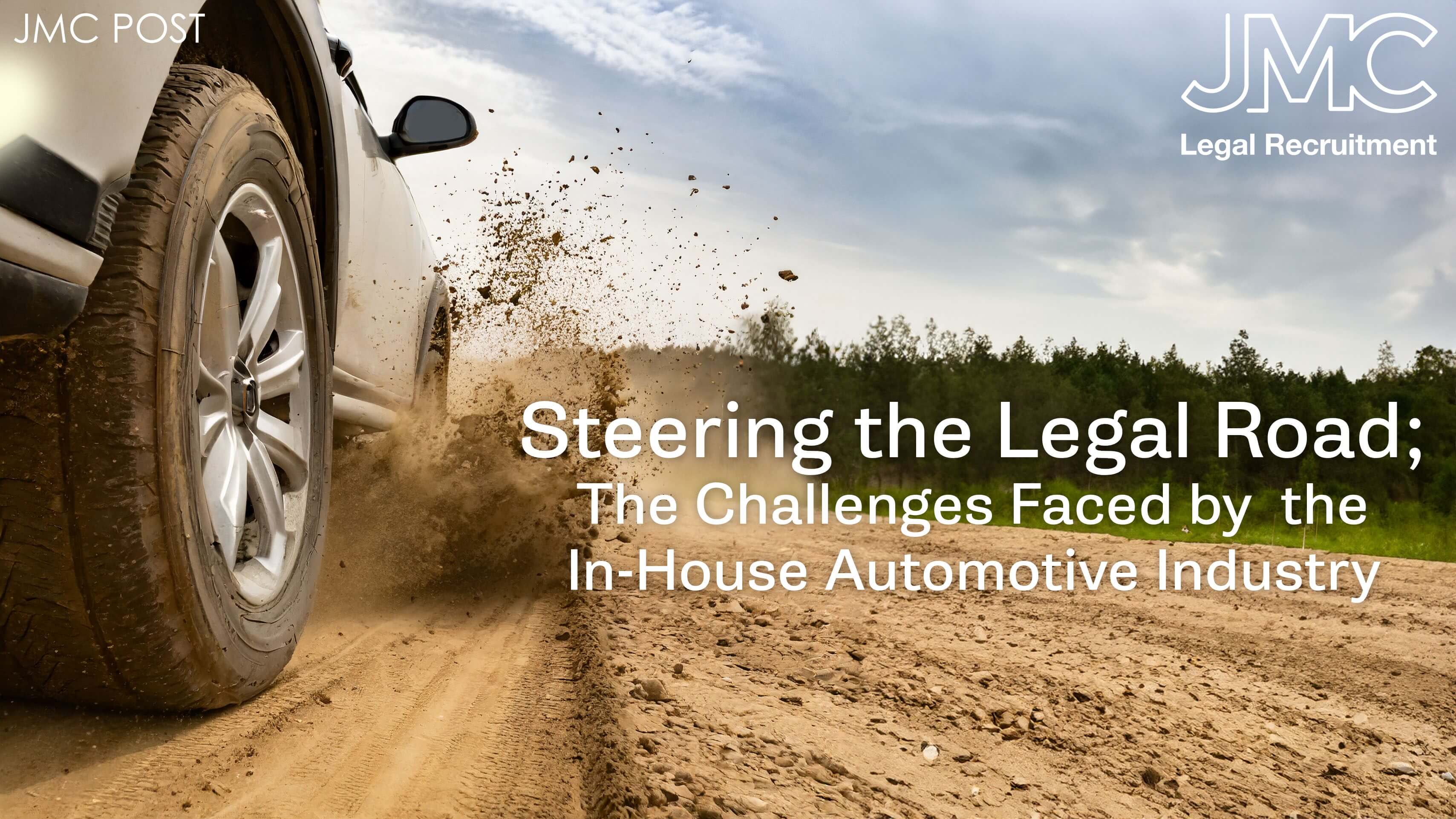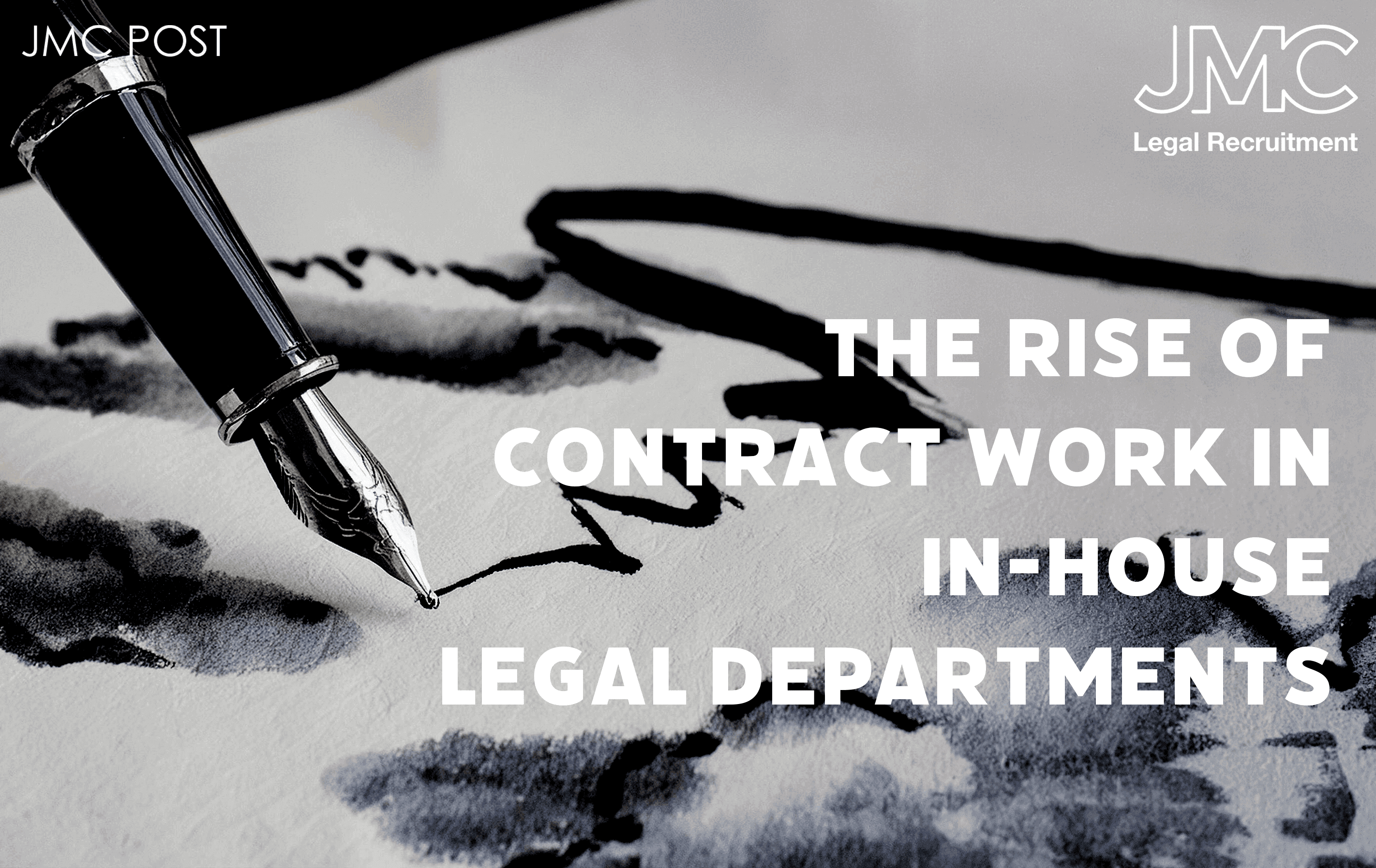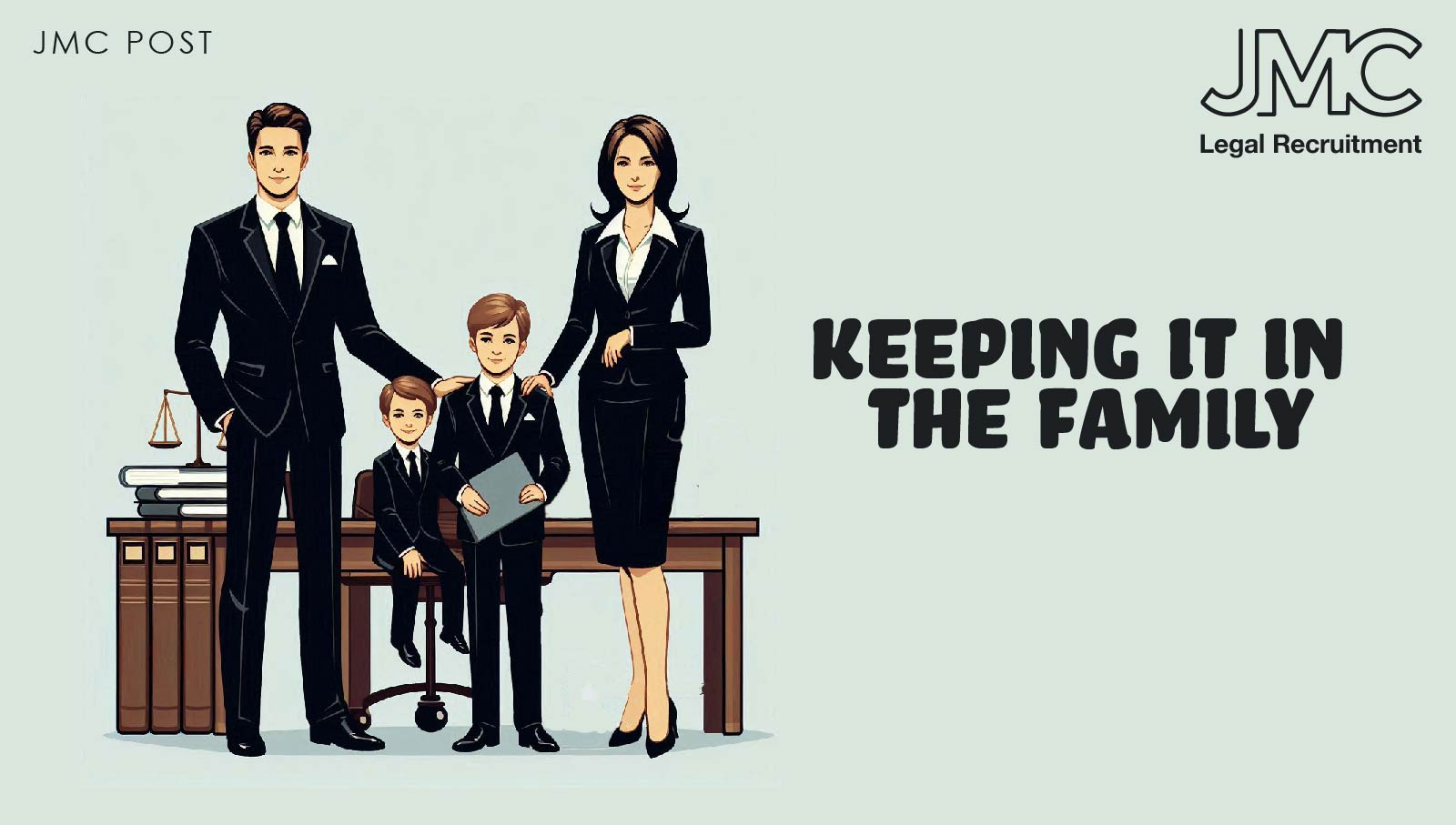
Steering the Legal Road to Success; The Challenges Faced by the In-House Automotive Industry
14 Nov, 20236 minutes
In-house counsel in the automotive industry work tirelessly behind the scenes to ensure that the wheels of the industry keep turning smoothly. However, recent disruptions in the automotive sector post-covid, such as manufacturing shutdowns, reduced vehicle sales, supply chain issues, and changes in customer behaviour, have posed unique challenges to these legal professionals.
Manufacturing Shutdowns
One of the primary challenges faced by in-house counsel in the automotive industry is dealing with manufacturing shutdowns. These sudden disruptions can occur due to a variety of reasons, including strikes, natural disasters, or public health crises, such as the COVID-19 pandemic. When production lines come to a halt, in-house counsel must navigate complex contractual issues related to force majeure clauses, supply agreements, and the impact on employment and labour contracts.
Manufacturing shutdowns have far-reaching consequences, affecting the entire supply chain. Automakers and suppliers face revenue loss, and in-house counsel are tasked with ensuring that contractual obligations are met while safeguarding their organisation's interests.
Reduced Vehicle Sales
The automotive industry's fortunes are closely tied to vehicle sales. When sales drop, as witnessed during economic downturns or shifts in consumer preferences, in-house counsel face a unique set of challenges. This includes contract renegotiations, dealer disputes, and sometimes even restructuring efforts to cut costs.
Reduced vehicle sales have a direct impact on the financial health of automotive companies, leading to potential layoffs and re-evaluations of production strategies.
Supply Chain Issues
The automotive industry relies on intricate global supply chains that source components from various regions. Supply chain disruptions, whether due to geopolitical tensions, natural disasters, or sudden changes in demand, can create legal challenges for in-house counsel. This has been demonstrated recently with the EV company, Arrival, who have experienced supply chain issues, including securing provisions of metal, and vehicle parts such as lights and wire harnesses.
These challenges include renegotiating supply contracts, managing disputes, and ensuring compliance with international trade regulations. In-house counsel must also address contract issues, manage risks related to suppliers, and guide the organisation through the complex web of international trade laws and regulations.
Changes in Customer Behaviour
The automotive industry is experiencing a shift in customer behaviour, driven by factors such as the rise of electric vehicles, increased interest in autonomous driving, and changing preferences for mobility services over vehicle ownership. In-house counsel must adapt to these changes, handling intellectual property issues, regulatory compliance, and protecting their company's position in the evolving market.
Changes in customer behaviour are causing automakers to pivot their product offerings and invest in new technologies.
In-house counsel in the automotive industry face a multitude of challenges that are inextricably linked to the broader disruptions affecting the sector. Manufacturing shutdowns, reduced vehicle sales, supply chain issues, and changes in customer behaviour have presented unique legal hurdles for these professionals. They are tasked with not only addressing these challenges but also proactively identifying opportunities in a rapidly changing industry. As the automotive sector continues to evolve, the role of in-house counsel will remain vital in steering companies through these turbulent times and toward a more sustainable and innovative future.



